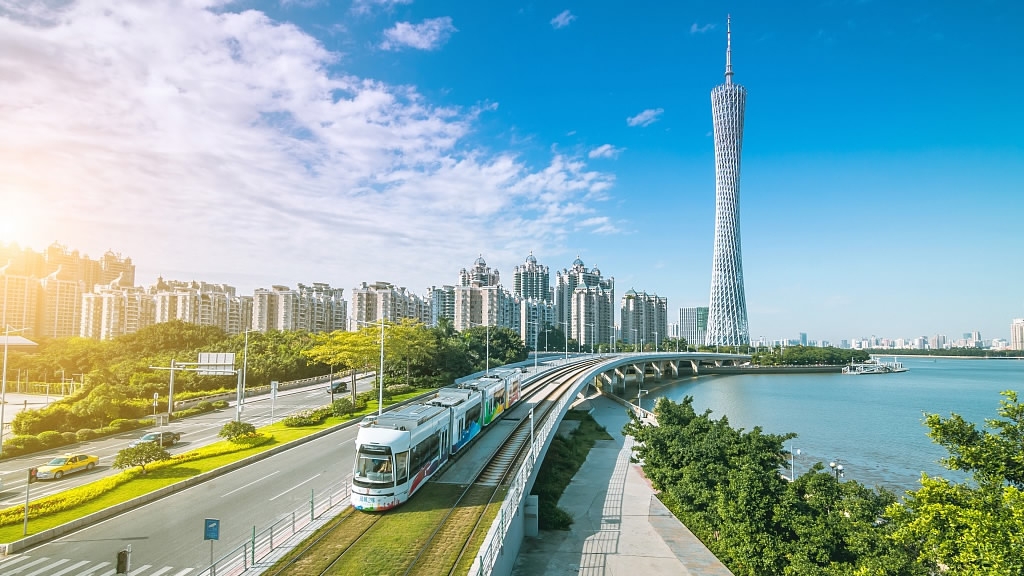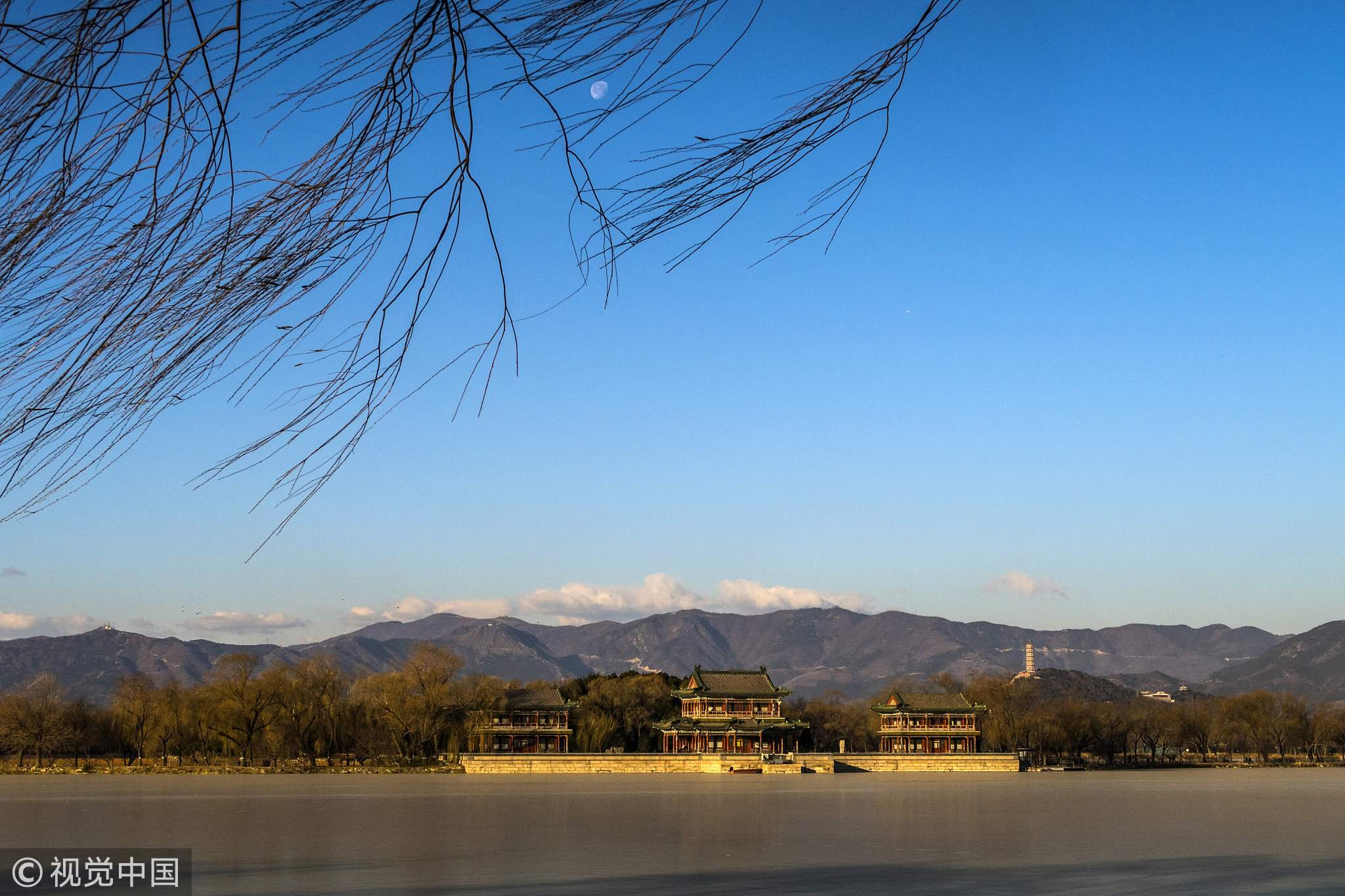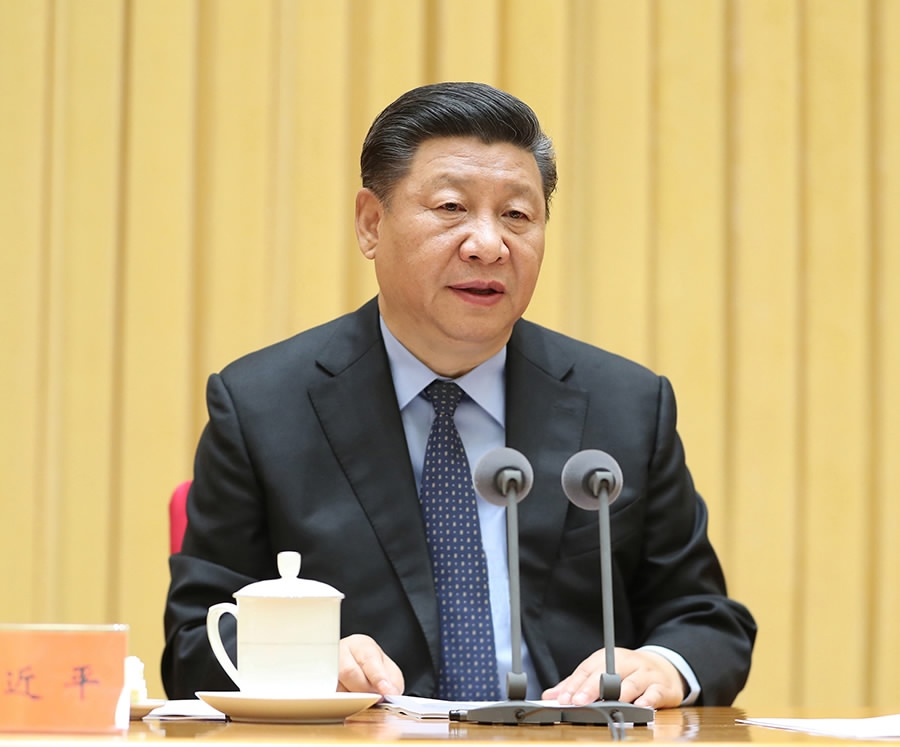
Opinions
15:42, 20-May-2018
Green economy to tackle China's environmental pollution
CGTN's Li Yunlong

Chinese President Xi Jinping delivered a critical speech calling for a firm and persistent determination of the nation to prevail in the battle against environmental contamination at the National Ecological and Environmental Protection Conference on Saturday.
China's efforts against environmental pollution
People have been aware that China has drawn up several plans and measures, enacted laws and regulations and implemented various actions on the environment in recent years.
For example, in order to fight water pollution, China announced a plan in 2015, including scientific support and legal supervision. In addition, the country has also tackled smog issues. Compared to 2016, it has witnessed a reduction of more than 20 percent of the harmful PM 2.5 particles in Beijing.
At the 19th National Congress of the Communist Party of China last October, President Xi Jinping discussed several measures aimed at establishing a "beautiful China" and to build an ecological civilization. In January, China instituted an environmental tax and imposed fees on polluting companies. In addition, the new Ministry of Ecology and Environment, which is responsible for monitoring the nation's environment, was also set up.

The Summer Palace, Dec. 7, 2017 /VCG Photo
The Summer Palace, Dec. 7, 2017 /VCG Photo
Anti-pollution fight needs time
Although multiple measures have been taken toward eliminating diverse contamination issues, winning the anti-pollution "war" will take more time.
Shen Yiyang, a senior energy consultant at the Asian Development Bank, said that water, air and soil pollution has long been a struggle of the Chinese government. Despite the improvements and progress that have been achieved, the issues still remain. "The development of this country in the past few decades results in the fact that those problems cannot be solved very soon," Shen said.
Green economy is the key
However, when President Xi said that the "ecological environment is a crucial political and social issue that relates to the mission of the Communist Party of China and people's livelihood," it is clear that it's necessary to deal with pollution with more laws and green economic development.
Accelerating strict building regulations, for example, is an institutional guarantee. There is a need to take ecological value as the guideline, ecological industrialization as the main body, and improving the quality of an ecological environment as the core to speed up improvement of the ecological and cultural systems.

Chinese President Xi Jinping, also general secretary of the Communist Party of China (CPC) Central Committee and chairman of the Central Military Commission, delivers a speech at the 8th National Conference on Environmental Protection held in Beijing, Saturday. / Xinhua Photo
Chinese President Xi Jinping, also general secretary of the Communist Party of China (CPC) Central Committee and chairman of the Central Military Commission, delivers a speech at the 8th National Conference on Environmental Protection held in Beijing, Saturday. / Xinhua Photo
Promoting all-around green development is the ultimate solution for achieving this. It is essential to focus on adjusting the economic structure as well as the energy structure to nurture and expand the environmental protection industry and to advocate a green and low-carbon lifestyle.
It is also indispensable to effectively prevent the risks hidden in the ecological environment and improve the level of environmental monitoring so that people's livelihood can be enhanced and society can be developed within a sustainable and healthy environment.
Shen said in terms of balancing China's economic growth targets and ecological environment protection, the government has made significant strides in adopting new policies aimed at solving the issues. The automobile sector, for instance, is being transformed into the world's largest electric vehicle industry.
"The development model has also been changed," Shen said. "The previous massive production model has now shifted to the so-called green economy or green production. I think the government will continue to make more policies and more budgets to encourage the use of more green technologies. And I think, in the future, environmental problems will become much smaller."
(The article is based on an interview with Shen Yiyang, a senior energy consultant at the Asian Development Bank.)

SITEMAP
Copyright © 2018 CGTN. Beijing ICP prepared NO.16065310-3
Copyright © 2018 CGTN. Beijing ICP prepared NO.16065310-3